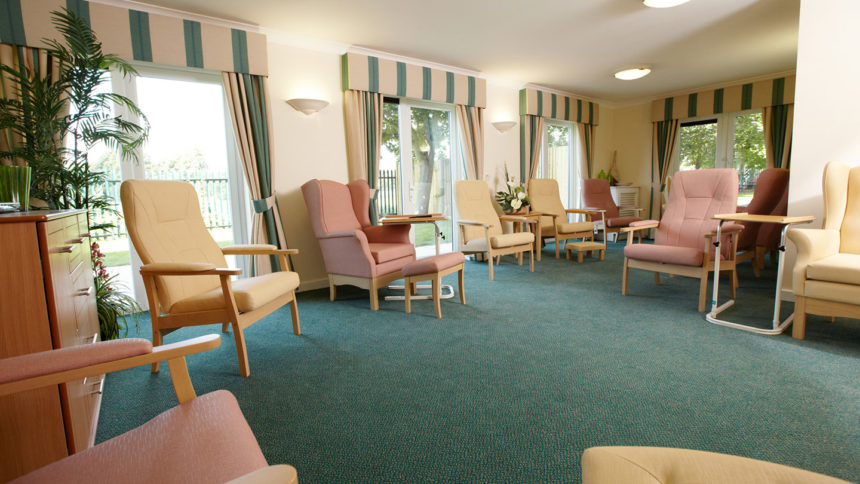
Editor’s note: This story has been updated to note that one of the facilities that was originally claimed to be closing something is instead only converting certain rooms.
Staffing pressures and Medicaid reimbursement issues being felt around the nation are leading to significant closures in rural Nebraska by year’s end.
Jalene Carpenter, president and CEO of Nebraska’s Health Care Association, told local media that leaders of six facilities have told families and staff that they will either shut down or close at least one service line in 2022.
The closures include three buildings operated by The Evangelical Lutheran Good Samaritan Society, the nation’s largest nonprofit senior care provider ranked by nursing home beds, according to the 2021 LeadingAge/Ziegler 200. The end-of-year struggles show no operator, regardless of size, is immune from the unrelenting labor crisis combined with stagnant Medicaid rates.
“We operate in many states where inadequate Medicaid reimbursement rates do not keep up with the cost of care we provide, and this model is not sustainable,” Nate Schema, president and CEO of The Evangelical Lutheran Good Samaritan Society told McKnight’s Long-Term Care News Tuesday.
“Unfortunately, operating costs keep rising at an alarming rate and providers face long-term challenges, including workforce pressures,” he added. “These challenges, combined with the stress caused by the pandemic, have forced us to make difficult decisions about how and where we provide services. … Nebraskans and the industry need a permanent funding solution to ensure there is access to quality long-term care for seniors in both rural and urban communities throughout the country.”
Good Sam’s affected buildings are in Arapahoe, Ravenna and Valentine, NE. Other facilities that have recently had to limit services or close entirely include Belle Terrace in Tecumseh and Becky’s House in Omaha. Parkside Manor in Stuart, meanwhile, is in the process of converting some assisted living rooms into private rooms, according to a member of the leadership team.
In some locales, families will be forced to relocate residents 50 to 100 miles away, KETV reported.
Schema praised Gov. Pete Ricketts’ (R) Monday announcement that he planned to temporarily increase Medicaid reimbursement by $20 a day for patients at long-term residential facilities starting Jan. 1. But pandemic-only measures won’t address long-simmering issues with state reimbursements.
Carpenter noted that the state’s nursing homes have been losing $20-$40 daily on each Medicaid patient they treated.
“If you do the math of, you know, $30 for one resident over the course of a month per day, and then you have a facility that potentially has anywhere from 20 to 40 residents on Medicaid, that adds up very quickly,” she said.




